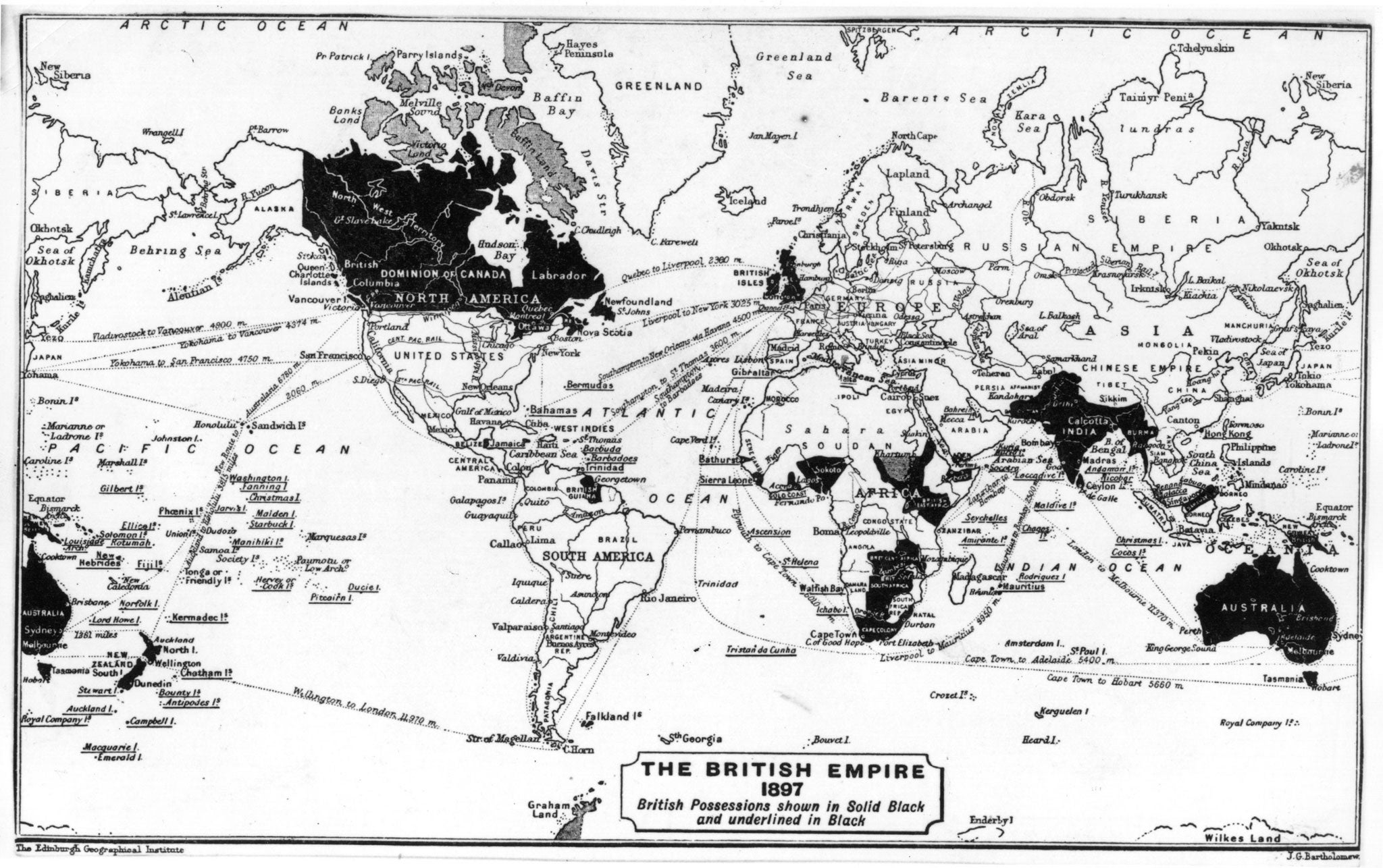Errors and Omissions: We have plenty of words to describe big amounts – but not a plethora
How can you be a member of the British Empire? This week's imprecisions and inaccuracies are put in their place by our peerless Letters editor

Have we lost “plethora”? I hope not, but the outlook is poor. This is from our obituary of Professor Ronald Dworkin, published last Saturday: “He wrote some 15 books and a plethora of academic papers.”
I think the writer meant to say that Dworkin wrote a large number of academic papers. “Plethora” is often used in that sense. I don’t think the writer intended to say that Dworkin wrote too many papers; that it would have been fine if he had written fewer, but the number he did write was harmfully excessive. That, however, is the original meaning of “plethora”.
The term derives from medieval medical theory, which held that health depended on a proper balance of “humours” in the body. Diseases were caused by an excess of one substance, such as bile or blood. That was a plethora – a harmful excess of something that would be harmless in due measure.
I hope we are not losing “plethora”, because it is a useful, elegant word. We have plenty of words for a large amount – a host, a flood, a pile, a mass, a heap, a multitude – and we don’t need another. But it would be a pity not to be able to write, say, “Confronted with a plethora of plausible explanations, the jury failed to agree”, implying that fewer plausible explanations would have been all right.
Strange twists: This is from a leading article published on Wednesday: “The short life of Nat Rothschild’s mining venture has been an unusually torturous affair. Amid accusations of corruption and threats to sue and counter-sue....”
The word “torturous” does exist. My venerable Shorter Oxford Dictionary says it dates from 1618 and means involving or causing torture. But when people write “torturous”, they nearly always mean winding, devious, full of twists and turns – and the word for that is “tortuous”. That is the right word for the passage above. All these words, as well as “torsion” and “torque”, are derived from the Latin verb “torquere”, to twist.
Pointless: The importance of punctuation in making clear the meaning of written words was underlined by a headline published last Saturday: “More policies, Ed, you’ve misunderstood history.”
As it stands, this does not make sense. It must be two sentences – but is the first one a question or a command? If it is a question – “More policies, Ed? You’ve misunderstood history” – the headline does not want any more policies. Replace the question mark with a full stop, and more policies become a good thing. Alternatively, dump the whole thing and start again.
Out of order: A picture caption published on Thursday spoke of an Olympic medallist going to the Palace to receive “his Member of the British Empire (MBE) medal”. That should be Member of the Order of the British Empire. How can you be a member of something that doesn’t exist? And the item you pin on your chest is a badge, not a medal.

Join our commenting forum
Join thought-provoking conversations, follow other Independent readers and see their replies